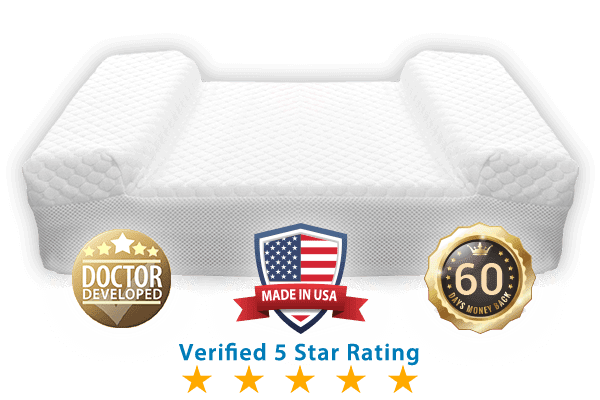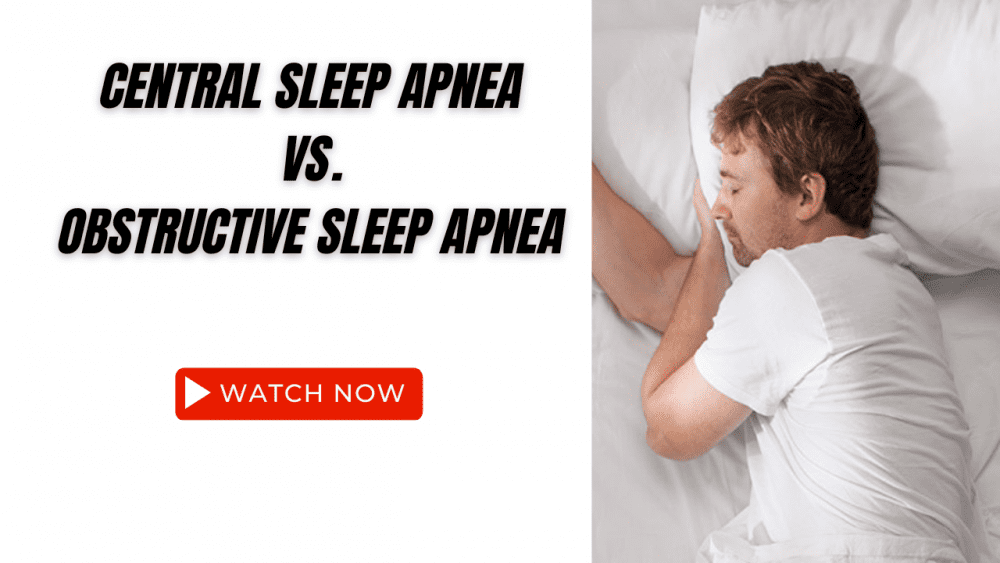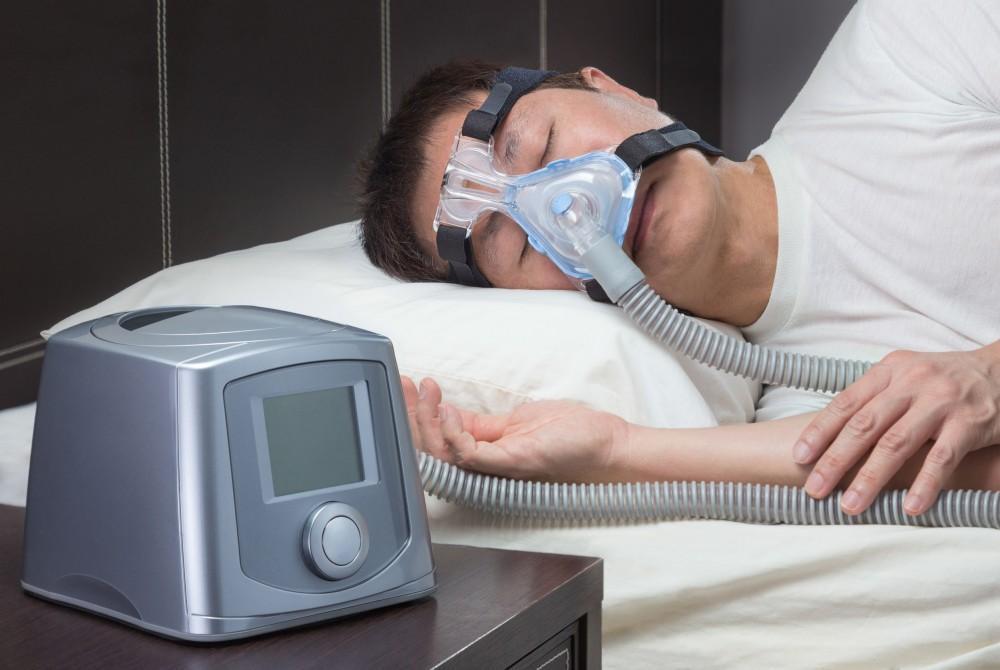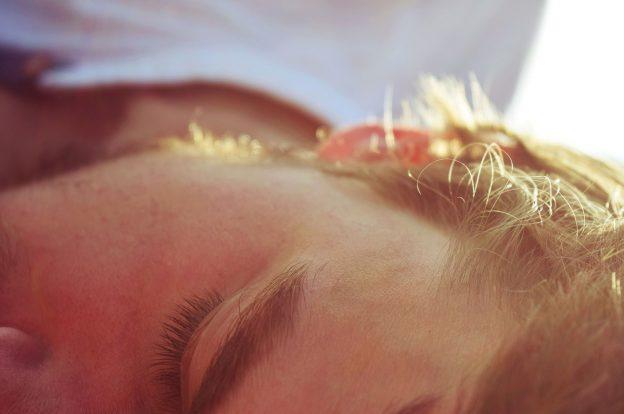
The Silent Killer
It is said that Hypertension (high blood pressure) is a silent killer because it causes damage to your eyes, kidneys, heart, and brain, and in most cases this occurs without any symptoms. Elevated blood pressure is many times discovered during a routine medical office visit. Well, there is another silent killer and it’s called Sleep Apnea. Sleep apnea occurs when there is an obstruction in your airway due to relaxation of the soft tissue in t…he back of your throat. This obstruction causes your breathing to start and stop repeatedly. When this happens, you may have a dip in your oxygen level which then causes you to have less oxygen being sent to your organs such as your heart and brain.
Over the years, research has shown untreated sleep apnea is linked to many health problems such as high blood pressure, irregular heart beat, heart failure, diabetes, stroke, depression and obesity. One of these possible effects of untreated sleep apnea is atrial fibrillation. This is an irregular and fast heart beat that causes poor blood flow to your body. Atrial fibrillation can also lead to blood clots forming in the heart which may travel to other parts of the body.
There have been many cases where someone dies in their sleep due to cardiac arrest. What you don’t hear about is that it was most likely untreated sleep apnea causing this cardiac arrest. The scenario is this: the untreated sleep apnea caused an arrhythmia (such as atrial fibrillation), a clot formed, this clot travels to the heart causing ischemia, then a heart attack occurs. The patient dies in their sleep.
This is why I tell you sleep apnea is a silent killer. The symptoms associated with sleep apnea are excessive daytime sleepiness, fatigue, snoring, headaches, abrupt awakenings, and attention problems. But some patients report not having any symptoms yet when they are tested due to having high blood pressure, for example, they do have sleep apnea despite not having symptoms.
If you have high blood pressure, that in itself is a reason to get screened for sleep apnea, even if you don’t have symptoms. It’s better to know if you have sleep apnea and it is treatable. I and our team in our clinic want to help as many patients with sleep apnea get treated and go on to live their lives as fully and healthy as possible. Let’s stop this silent killer sleep apnea. Get screened.
Thanks for reading this months blog and we look forward to serving you.
You Might Also Enjoy...


Dr. Kakar Products

Central apnea vs. Obstructive sleep apnea

Warning to Patients about Ozone Cleaners

Ways to Help You Keep Hope Alive

